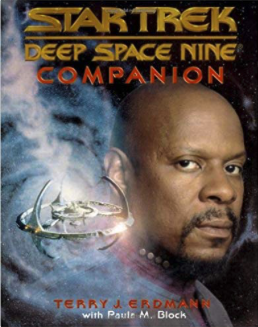Last week’s Self Distract was like a whine tasting. I won’t delete it because it is true, it is how I felt about my poor writing then and quite often, but it also ended with a call to action that I actually did. It told me to pull my finger out and do some writing.
I did some writing. About four pages of script. Four pages in a week is not going to impress you, and nor is the fact that I still wasn’t doing it until I got prodded into it by a writing buddy.
But, still, I wrote it and it is completely true that there is nothing I like more than being in script, writing in that form, thinking in that form. It’s my favourite form of writing, I like it even when it’s hard, and still I don’t do it enough. I can explain that now, though: I’m a writer, what can you do?
Only, I can’t help thinking about how I did pull my finger out, yet I may also have stuck it in my ear. These are the strangest of days, the unhappiest of days, and yet so far I am in a position where I can choose to worry about whether or not I’m writing something. I don’t, as yet, need to be scared about my income, and I’m a freelancer, so there have been times when I have had to, when I know what that is truly like.
I’m not sure I’ve ever done this before, but I want to send you to another blog, please. While I’ve been mostly in my own head all week, Lisa Holdsworth has been actually making a difference for freelance writers. She’s Chair of the Writers’ Guild –– I’m Deputy Chair and proud to work with her –– and separately runs a blog about writing. It’s now got the most seductively enraged piece which takes you from calm to raging with her about what we need to do.
I’ve long wanted to write like Lisa, sometimes I now just want to be her, too.



